Featured
Exponential, Inc. founder, Dom Einhorn, thinks charitable fundraising is ripe for disruption
French-American entrepreneur’s new venture intends to remove friction points in current charitable fundraising landscape.
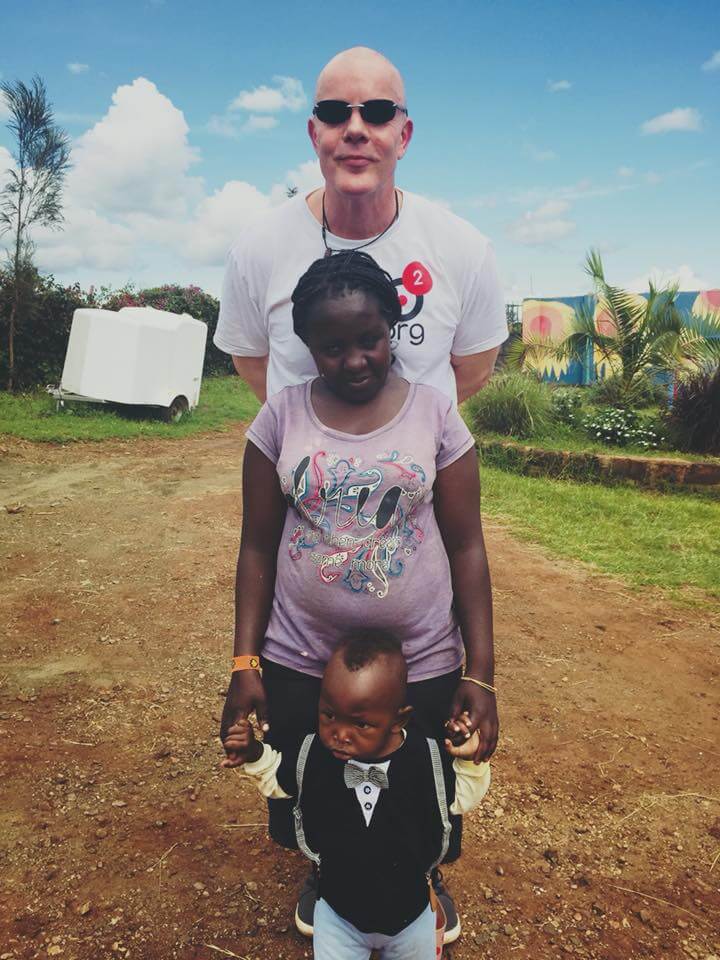
I recently had the chance to sit down with Founder and CEO of Exponential, Inc., Dom Einhorn.
Dom and I first met on a cold and snowy afternoon in Stuttgart, Germany. Instantly, I was drawn to his vision for the future and clear track record of past successes as founder, investor, and entrepreneur.
As we have continued to work together, I am consistently impressed by Dom’s dedication, focus, and leadership. Our company is strong thanks to the unshakeable vision of its dynamic leader.
Take some time to get to know the man behind Exponential, Inc. (XPO²), Dom Einhorn.
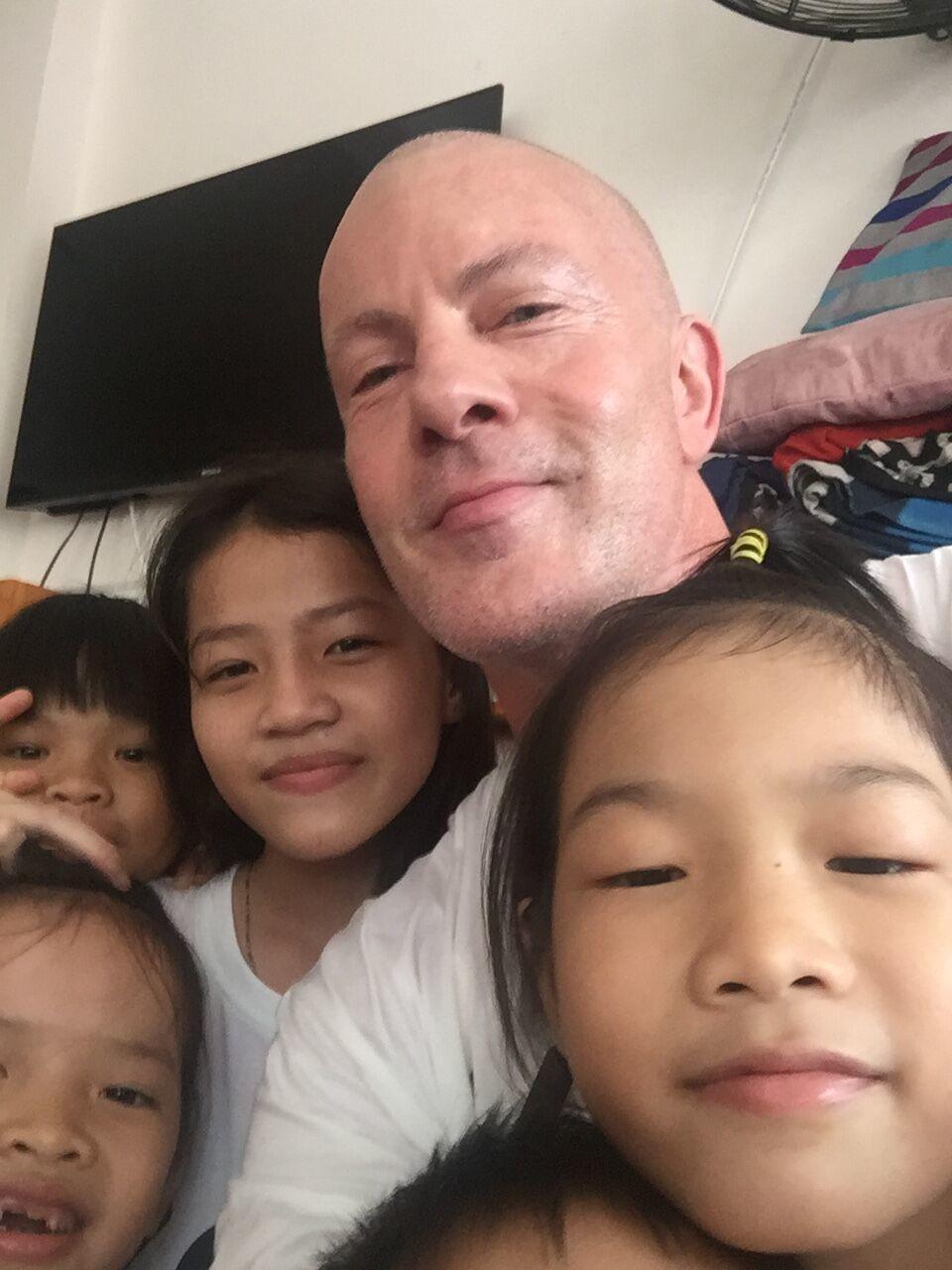
On Origins
What was your childhood and early adult life like?
I was the youngest of three boys. My maternal grandmother, Mathilde Fontaine, was always my role model. Mathilde became a French resistance fighter during WWII after her husband and several of her siblings were killed.
I grew up in a small village in Alsace in Northeastern France during the 1970s and 1980s. During the long winters, I would literally “devour” hundreds of French and German books, with a special penchant for literary works.
My favorite French writer was Jules Verne. He taught me that everything was possible and that only true adventurers and entrepreneurs could impact the world in a meaningful way.
I read every book Verne wrote—twice.
On the German side, the magic realism of Gunter Grass helped shape my early views on political activism and social issues.
I was a good to great student and made the cut to attend a prestigious military prep school, Saint Cyr l’Ecole, upon graduating high school.
But, after a brief stint in the French military, it became clear to me that my life path was that of an entrepreneur and trailblazer and not that of an “order taker.”
What is an early lesson you learned that primed you for success in the business world?
I was primed, at a very young age, to practice SELF DISCIPLINE and to avoid “empty indulgences.”
This carried over into my adult life.
Today, I can easily sit down and focus on one topic for hours at a time, if needed.
Who did you look up to when you were growing up?
Without a doubt my maternal grandmother, Mathilde
She was my mentor, leader, and role model.
She shaped who I have become as an adult. She taught me the core values of self-discipline and asceticism.
What’s the most important piece of advice a mentor (family member, teacher, coach etc) gave you?
To be kind of respectful to others and never think of yourself first.
To be righteous, generous and giving while never letting anyone step on your toes.
Be gentle yet tough at the same time, which is the only way to command respect, by earning it.
These were some of the values instilled in me by both my grandmother and parents.
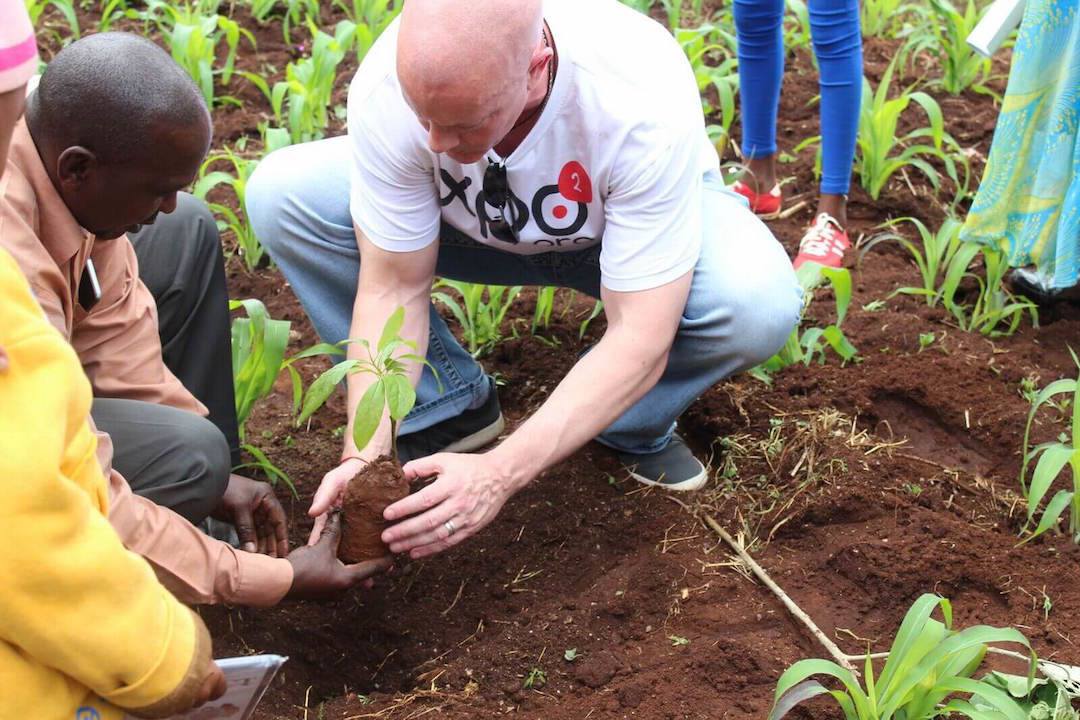
What made you want to move to Los Angeles? What challenges did you encounter as you built your business there?
It was next to impossible to start a business in France during the early 1990s. There were endless bureaucratic roadblocks, and the Internet was barely in use at that time.
The USA, and California in particular, was very appealing in every way. It offered virtually unlimited networking opportunities, easier access to startup capital as well as a much more mature startup ecosystem.
The competitive environment, on the other hand, was a lot more challenging in every way with a pervasive “you only eat what you kill” attitude.
The US is, in many ways, the ultimate “performance-based” society.
If you are unable to perform, the system will reject you. If you are an above average performer, the system will reward you rather handsomely.
How do you define “success”? How has it changed over the years?
In my early years (my 20s and my early 30s), I was mostly concerned about making my family and loved ones proud.
How they viewed me dictated many of my actions in life, both on the business and personal level.
While being positively perceived by family and friends is still important to me today, it ranks as a distant second to the deep longing for impact and legacy, especially social impact.
Everything I do today has an altruistic motivation
I’ve always derived more pleasure in giving than receiving.
So, ultimately, my personal happiness is a direct “byproduct” of making other people happy.
What keeps you motivated as an investor?
The same applies to my motivation as an investor.
What drives me is IMPACT INVESTING, i.e. “return on society” before “return on investment”, although the two are deeply connected in my view.
What is the one theme that has guided all of your professional work? What are your truest professional talents?
You would need to ask my staff, colleagues, and clients that question.
But they would likely answer that it is my drive and unwavering discipline when it comes to reaching objectives and milestones that make them want to work with me.
I have many character flaws—impatience being one of them. But I have never been accused of lacking self-discipline or drive.
10th Telecom Review Summit
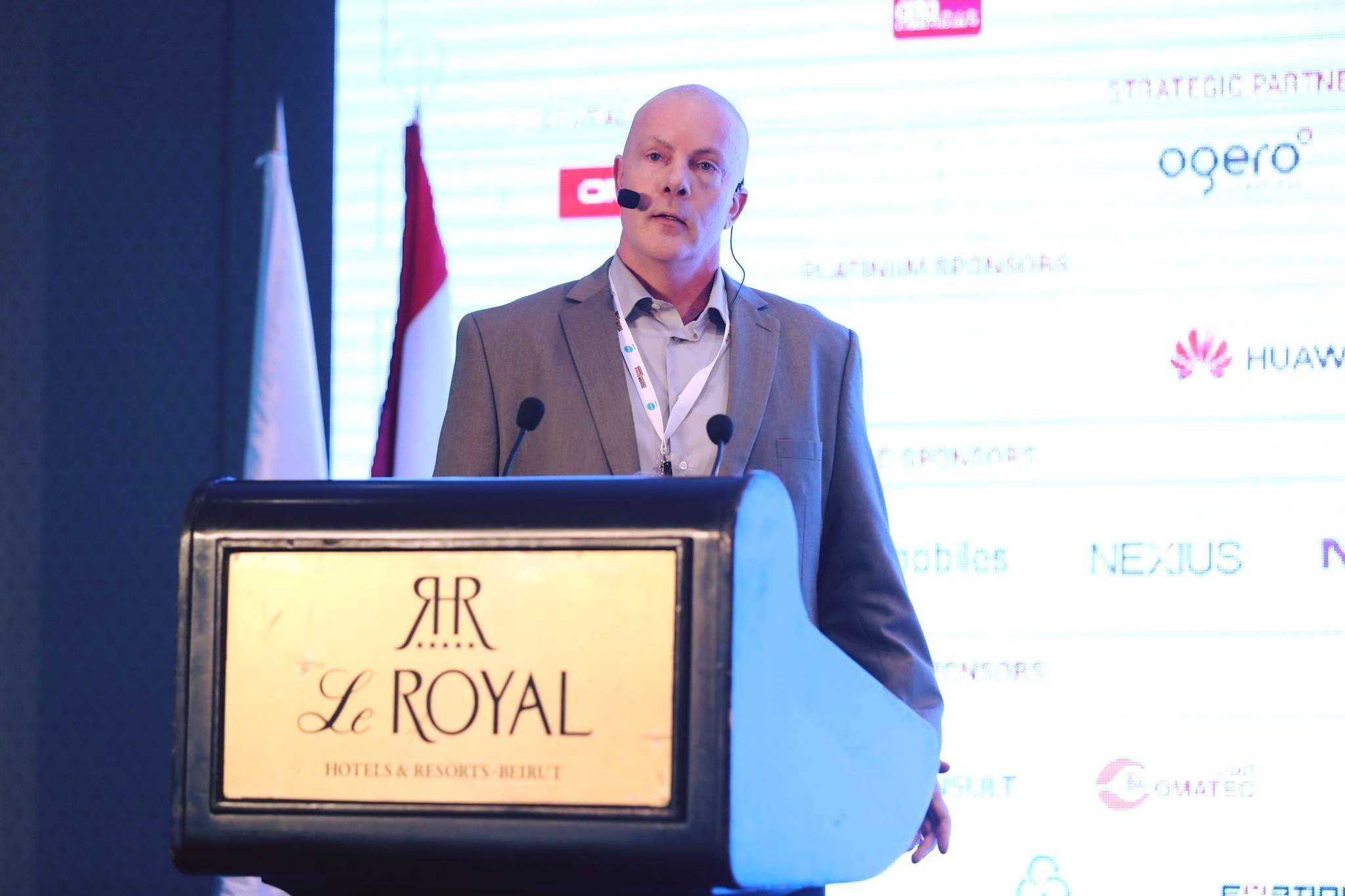
In what ways is this event significant for you?
Whenever you are granted the opportunity to give a keynote address to influential leaders, in this case, telecommunications and technology industry leaders, I believe you have to seize upon that opportunity to state your case.
And XPO²’s mission is too important for anyone to ignore.
Can you offer an elevator pitch version of your Keynote? How did you come up with the angle you chose?
My address is short and visual, by design.
I will be discussing the “new startup ecosystem.” And that ecosystem today is heavily influenced by a new breed of social entrepreneurs and impact investors.
These new stakeholders are as much or more motivated by “return on society” as they are by “return on investment.”
And that is good news for us all.
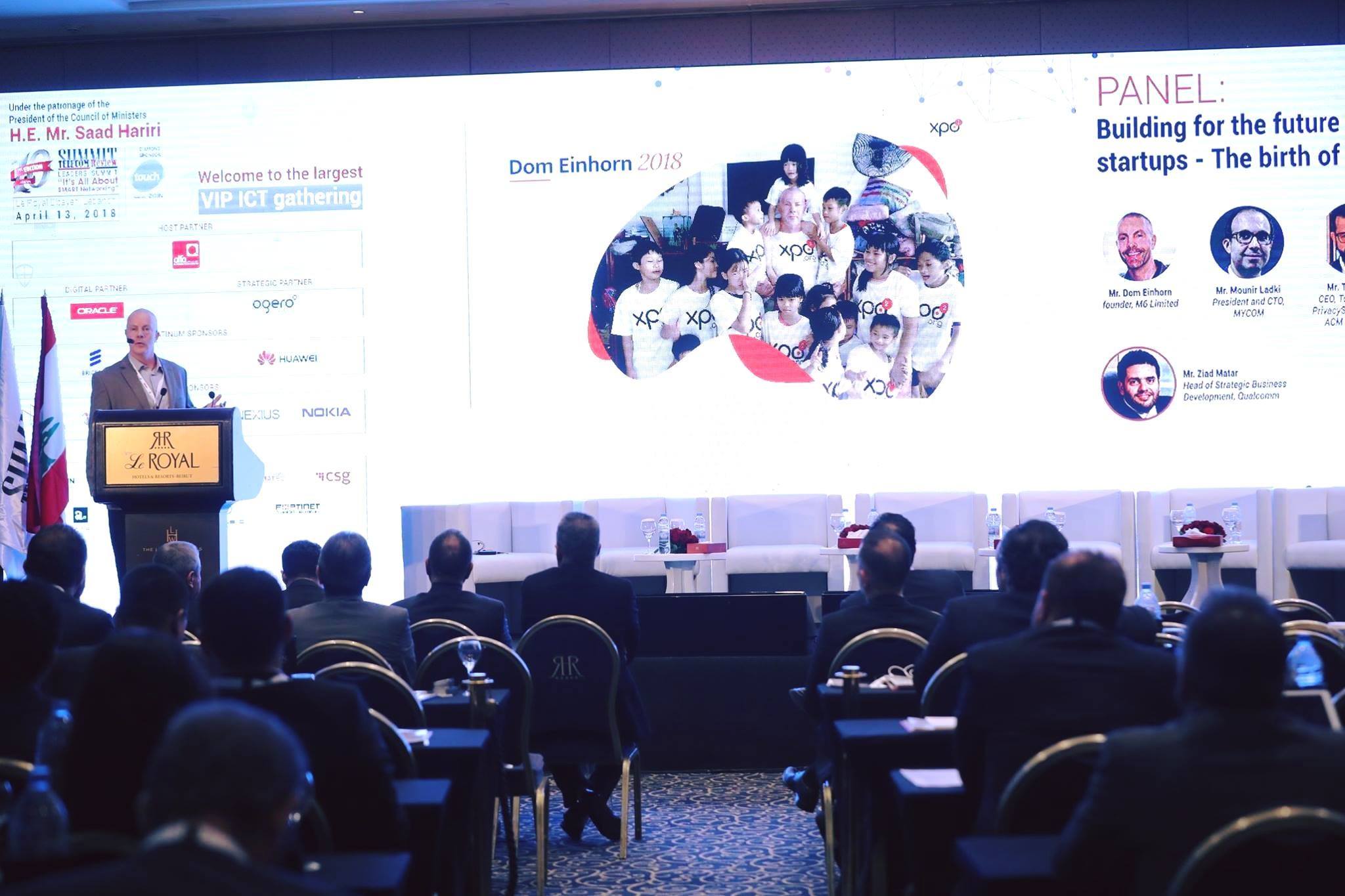
What is your favorite part about launching a startup like XPO²?
Aside from the typical challenges faced by any startup such as hiring the right people for the right positions and training them to become the best they can be.
My favorite challenge revolves around the development of a global fundraising and “cashless donation” platform that we hope will revolutionize the way the world thinks about fundraising while exponentially increasing available funds NGOs need to operate and increase their overall impact.
What is the most challenging part about doing something that’s never been done before?
Pioneers take arrows while settlers take the gold
And that is just fine with us.
We intend to blaze a new trail for NGOs and revolutionize their access to crucial funding. That trail is strewn with pitfalls.
In marketing terms, we call these pitfalls “friction.”
Our objective as a team is to systematically eradicate friction points so as to build a new paradigm.
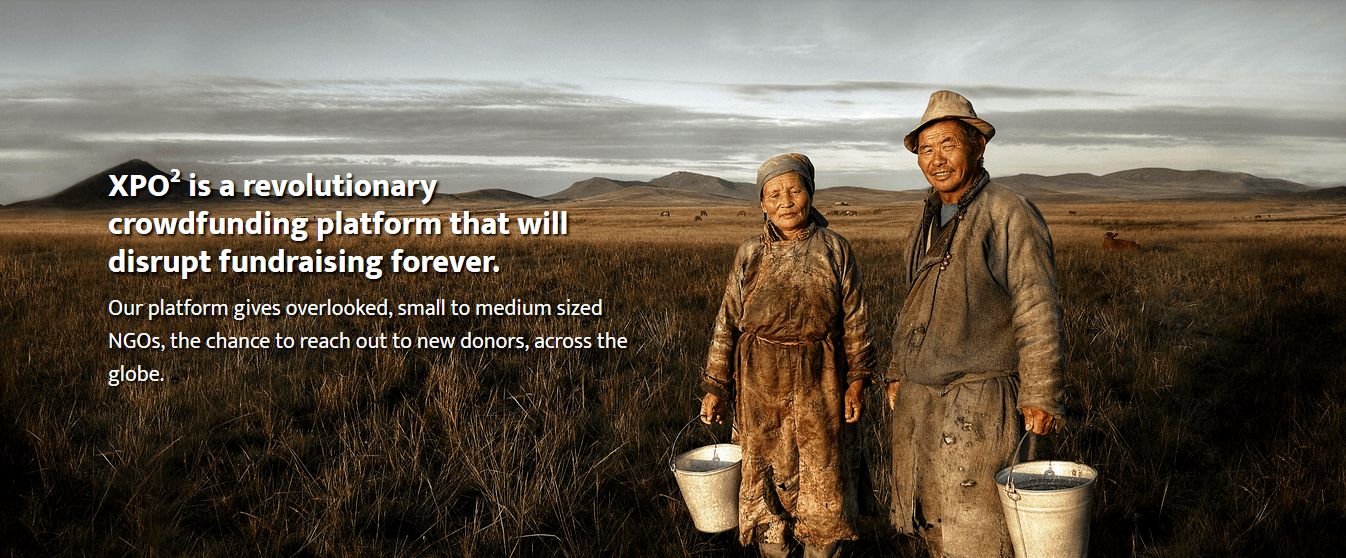
On Leadership
Who are some business people that you admire? Why do they impress you?
I admire Bill Gates and Warren Buffett for signing the Giving Pledge and inviting the world’s wealthiest individuals and families to commit to giving more than half of their wealth to philanthropy or charitable causes either during their lifetime or in their will.
I strongly believe such an effort was way overdue in a world where a small fraction of the population controls the majority of its assets.
And I particularly admire the growing trend of new breed social entrepreneurs all over the planet who are putting the values and need for social impact ahead of their own, personal agendas.
In France, for example, 1 out of 5 new startups today is a social business.
This is a fantastic trend that I hope and expect will continue.
But we have a long way to go…
What is your approach to management? How do you create a culture of accountability within your organizations?
Tom Price once said that “one person’s embarrassment is another person’s accountability.”
I truly believe that a CEO’s real purpose consists in building a team like he would a puzzle, i.e. by pro-actively selecting complementary pieces that will allow him to complete that puzzle.
The very last person I need on my team is another me, especially if I have one or more gaping holes left to fill.
How do you handle challenges and setbacks? What does it take for you to be able to move on after critical failures?
It is not about how hard you fall down, but about how quickly you get back up on your feet.
Small failures are inevitable.
In fact, they are a crucial part of the learning process. The quicker we fail at some things, the faster we learn, iterate and can find solutions to the problem we are looking to solve.
The ultimate success would not be nearly as rewarding if it weren’t for the obstacles, adversity, and setbacks we encounter along the way.
Were you a natural born leader or did you have to cultivate these skills? What was that process like and has it changed as you’ve matured?
I don’t believe any person is a natural born leader.
A leader has no choice but to transcend what our mind tells us to do.
And, through evolution, our minds have always sought to protect us from anything that does not lie within our comfort zone.
To truly lead requires us to step way outside of that comfort zone and rewire our brains accordingly by forming new habits that don’t come naturally.
On that topic, I would strongly recommend the book “The Brain that Changes Itself”, a book written by Canadian psychiatrist and psychoanalyst, Norman Doidge.
I find myself having to constantly step outside my existing comfort zone as it is the only way to push beyond self-imposed boundaries in our quest to achieve greatness, in whatever field.
A great violinist is not natural born.
Neither is a leader.
Both require thousands of hours of practice and dedication.
On Exponential, Inc. (XPO²)
Where did the idea for XPO² come from?
I have been working with NGOs around the world for over 20 years. I’ve tried to be a “socially responsible investor” for even longer than that. In XPO², these two worlds meet, in more ways than one.
NGOs, especially smaller ones, tend to rely exclusively on donations in cash and kind.
As a result, the average NGO has a very poor web presence, bad to non-existent marketing outreach, etc.
Less than half of all NGO websites carry a donation button, for example.
For those that do, half of them are clunky or don’t work at all.
These are some of the problems we intend to solve with XPO².
We also intend to empower every person on the planet to become an impact investor.
If you could address one environmental or social issue on an international level, what would you want to tackle?
Education, undoubtedly.
I strongly believe that most every social and environmental issue can be solved with proper education, from domestic violence to animal rights or global warming.
We have no control over natural non-man-made disasters, but we do over most everything else.
What’s been the most challenging part of getting this venture off the ground?
Certainly, the challenges of building the technology that powers our cash and cashless donation platform, as it required some serious out-of-the-box thinking.
Finding the right founding team was not easy either.
What will success look like for you in regards to this project? Be as specific as possible.
We definitely want to be defined by our net social impact.
This is what ultimately will define our legacy.
Many like-minded organizations tend to define themselves by the amount of money they raise.
But, I am convinced that money only is a bad measuring stick as it does not measure “accountability of money spent.”
You can raise $1 million for a cause, only to see a small fraction (if any) of those funds directly contribute to that cause.
On the other hand, you can raise very small amounts of money and have a deep social impact.
In some extreme cases, we have raised $100 and were able to feed 100 school kids.
An important part of what we are setting out to accomplish consists in creating a new paradigm of transparency and accountability, which shows donors the net social impact of their donations in a visually-compelling way.
For example, Reggie may make a token donation of $5, but we will report to him the “net social impact” of his donation by showing him exactly where/when and to the benefit of whom his funds were deployed.
This represents a radical departure from where we are today, and we want to change that status quo as soon as possible.
—
This article may include forward-looking statements. These forward-looking statements generally are identified by the words “believe,” “project,” “estimate,” “become,” “plan,” “will,” and similar expressions. These forward-looking statements involve known and unknown risks as well as uncertainties, including those discussed in the following cautionary statements and elsewhere in this article and on this site. Although the Company may believe that its expectations are based on reasonable assumptions, the actual results that the Company may achieve may differ materially from any forward-looking statements, which reflect the opinions of the management of the Company only as of the date hereof. Additionally, please make sure to read these important disclosures.

-

 Crypto5 days ago
Crypto5 days agoXRP vs. Litecoin: The Race for the Next Crypto ETF Heats Up
-

 Biotech2 weeks ago
Biotech2 weeks agoVytrus Biotech Marks Historic 2024 with Sustainability Milestones and 35% Revenue Growth
-

 Biotech2 days ago
Biotech2 days agoSpain Invests €126.9M in Groundbreaking EU Health Innovation Project Med4Cure
-

 Crypto1 week ago
Crypto1 week agoRipple Launches EVM Sidechain to Boost XRP in DeFi


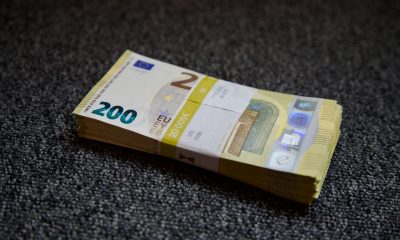



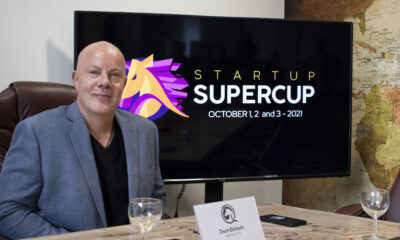



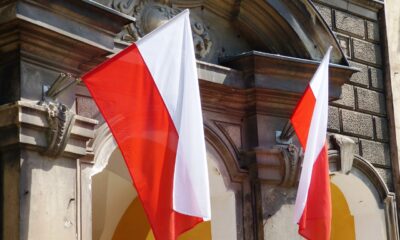















You must be logged in to post a comment Login